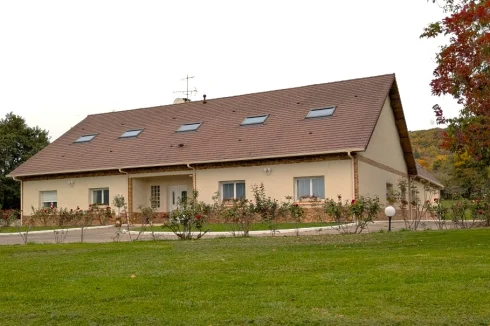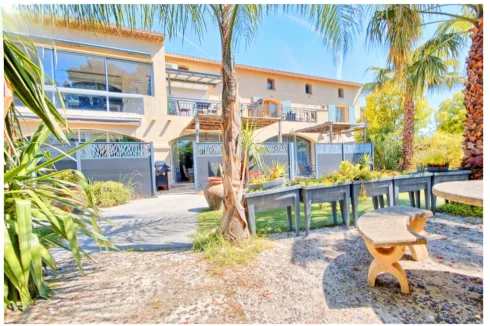Early Retiree Health Rights in France
Tuesday 03 June 2014
The UK government may have abolished S1 certificates for early retirees, but that does not mean early retirees have no health rights in France.
As we reported last month, with effect from 1st July the UK Government will no longer be issuing 'residual' S1 certificates of health cover to early retirees.
However, this decision does not affect the existing rights of health cover for early retirees in France. It is the UK rules that have changed, not the French or European regulations.
Under this continuing precept, S1 certificates (formerly E106s) are not an essential pre-requisite to later obtaining access to the French health system. They have merely been issued to assist with the transition process in relocating to another country within the EEA.
This is reflected in the fact that the duration of entitlement to health cover for early retirees through an S1 varies substantially, from several months, to two and half years, depending on the national insurance record of the applicant.
So it is not as though early retirees have been required by S1 rules to sit out a minimum period before they can make application for affiliation to the French health system; they have made application on expiry of their S1, whatever the duration of the certificate might have been.
The fact that France imposes a 5 year residency requirement on early retirees for access to the health system, far in excess of the maximum duration of an S1, also clearly demonstrates that one is not the sine quo non of the other.
Despite the 5 year rule, under Article 1(j) of EU Regulation No 883/2004 EEA nationals who are habitually resident in another EEA country have an automatic entitlement to affiliation to the health system in the same manner as nationals of that country.
'Habitually resident' is generally taken to mean that you have relocated to another EEA country, and that you have been resident for at least three months.
As France has not complied with this requirement, several years ago the EU Commission commenced preliminary infringement proceedings against them, on the grounds that the 5 year rule is discriminatory.
As a consequence, following the transfer last year of all early retiree health applications to the central procession centre Nimes, most early retirees appear to be obtaining access to the health system without sitting out their 5 year sentence. We can only assume that this has occurred as a result of pressure from the EU Commission, as the 5 year residency rule has not been formally withdrawn.
The question that then arises is what process should early retirees adopt in the future to obtain access to the health system?
It would clearly be reckless to relocate to France without health insurance cover. Indeed, you would not be legally resident in France if you were to do so, and to remain without health cover.
It is also likely that application to the authorities for affiliation to the health system, without evidence of being legally resident and the prospective expiry of existing cover, would result in refusal of the application.
Accordingly, early retirees who do not choose to set up a business will need to take out a private health insurance policy, which then gives them legal residency in France.
Once legally and habitually resident, on the renewal date of the private health policy, it seems to us that under EU regulations an early retiree would then be entitled to make application for affiliation to the health system.
In order to satisfy the 'habitually resident' rule the minimum duration of such a policy would need to be at least three months.
We can give no assurances that such a strategy would work, as the French authorities have not been entirely consistent in their treatment of early retiree health applications and the broader legal stalemate between the EU and France remains unresolved.
However, we are aware from your e-mails of many with private health policies (particularly from outside of Europe) who have adopted just this approach and who have been successful in their application.
It seems to us that there is no need to invoke other reasons for making the application to the authorities than that of 'habitual residence', quoting the above EU regulation and providing proof of residence.
Nevertheless, if your private health policy has become financially 'onerous', or there had been a change in your medical circumstances, these reasons should be cited, as even under French rules they are grounds for an exception to the 5 year rule.
Those who wish to know more about the application process itself should click on the links below.
We acknowledge that none of this is going to be of much use for those with a pre-existing medical condition who might not be able to obtain private health cover, an issue we shall come back to in the future.
For some early retirees taking out a private health insurance policy might actually be a more attractive medium term proposition, something we will also return to on another occasion.
Next Article: French Riviera Property Picks
Thank you for showing an interest in our News section.
Our News section is no longer being published although our catalogue of articles remains in place.
If you found our News useful, please have a look at France Insider, our subscription based News service with in-depth analysis, or our authoritative Guides to France.
If you require advice and assistance with the purchase of French property and moving to France, then take a look at the France Insider Property Clinic.





